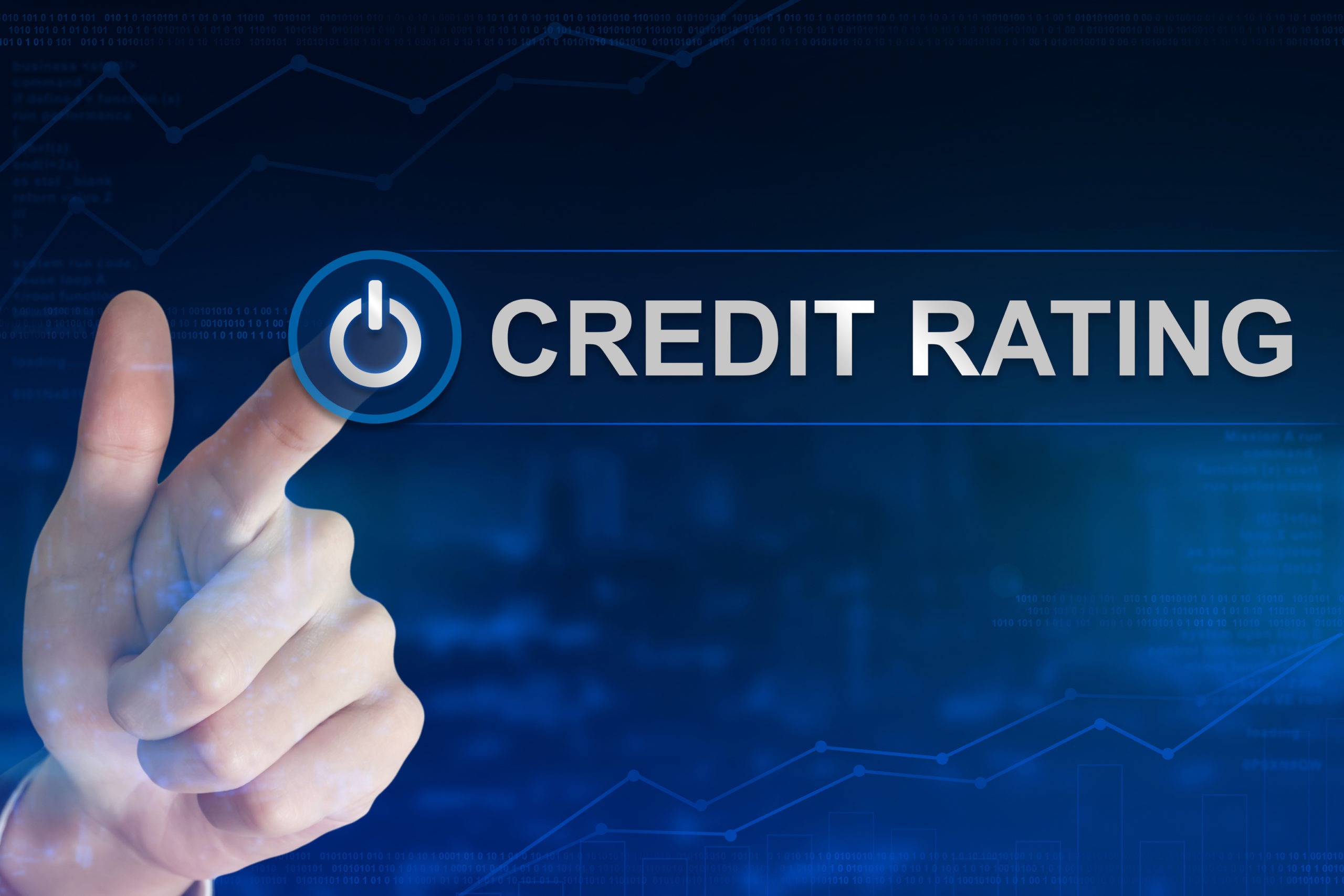It can be tough to get approved for a loan or credit card if you don’t have any credit history. Many people think that this is the same as having bad credit, but this isn’t always the case. Having no credit history can be worse than having bad credit. Lenders see you as a riskier borrower and are less likely to approve your application.
Let’s discuss how having no credit history can hurt you:
- Lenders See You as a Riskier Borrower
If you don’t have any credit history at all, lenders will see you as a risk. They have no way of knowing how you handle debt. They do not know if you are likely to repay your loans on time or if you will default on your payments. As a result, lenders are less likely to approve your application for a loan or credit card.
- It Can Be Challenging To Be Approved For a Loan
If you don’t have any credit rating, being approved for a loan can be challenging. Lenders will want to see evidence that you can repay your debts. Without any credit history, lenders will have no way of knowing whether or not you are a reasonable risk. As a result, you may have to provide more information up front to convince them that you are a responsible borrower.
- It Can Be Challenging To Get Approved For a Credit Card
It can also be challenging to get approved for a credit card if you don’t have any credit rating. Lenders want to see that you can manage your credit responsibly. Without any credit rating, they will have no way of knowing how you manage your credit and what your creditworthiness is. As a result, you may have to provide more information to convince them that you are a responsible borrower. A secured credit card and paying other bills such as rent and utilities on time can help in this area.
- You May Have To Pay a Higher Interest Rate
If you don’t have a good credit rating and minimal credit history, you may have to pay a higher interest rate on your loans or a higher Annual Percentage Rate (APR) on your credit cards. Lenders see you as a higher risk than others and are less likely to offer you a lower interest rate. As a result, you may end up paying more for your loans or the things you buy with credit.
Get Started With a Free Debt Analysis
We make it easy on mobile or desktop. FREE with no obligations.
- It Can Be Hard To Be Approved For a Mortgage
It can be almost impossible to be approved for a mortgage if you don’t have any credit rating. Lenders want to see that you can manage your credit responsibly and the very first thing they will look at is your credit score and credit report. Without any credit history, they will have no way of knowing whether or not you are a reasonable risk. As a result, you may have to provide more information such as rent payments, utility bills, cell phone bills, history or car payments, etc. to convince them that you are a responsible borrower.
- You May Have To Pay a Higher Security Deposit
If you don’t have any credit rating, you may have to pay a higher security deposit when renting an apartment or when you sign up for utilities. Landlords and utility companies want to ensure that they can recover their costs if you fail to pay your bills. More than likely, you’ll have to pay more upfront to secure your rental or utility agreement. It will usually require first month’s rent, last month’s rent, very high security deposit that might be non-refundable, and potentially other fees.
- It Can Be Hard To Get That Dream Job or Career
It can be hard to get accepted for a new job if you don’t have any credit history. Many employers will check your credit score as part of the hiring process. They want to make sure that you can manage your finances responsibly. Without any credit rating, they will have no way of knowing whether you are a reasonable risk. As a result, you may have to provide more information to convince them that you are a responsible borrower. A few employers might require that you do a credit counseling session as proof. We offer free online credit counseling for anyone that might need extra proof and you can email or print out your Action Plan at the end of your session and give it to your potential employer.
- You Can Build Your Credit Score
Despite the disadvantages of having no credit rating or credit history, there are some things you can do to build up your credit score. One way is to get a secured credit card (make sure they report to the three major credit bureaus) and use it responsibly. Keep making all of your payments on time every month. Another way is to take out a small personal loan (it may have a high interest rate) and repay it on time. By doing these things, you will show lenders that you can manage your credit responsibly.
Experian Boost as another way to raise your FICO credit score. Experian Boost is a service that links up some of your monthly bills and utility bills and if you pay them on time, it will increase your score. Check it out here: https://www.experian.com/consumer-products/score-boost.html
Conclusion –
Having no credit history can be a disadvantage when getting a loan or credit card. However, there are things you can do to build your credit score. Using a credit card responsibly and repaying loans and bills on time will show lenders that you are a responsible borrower. As a result, you will be more likely to get approved for future loans and credit cards.
